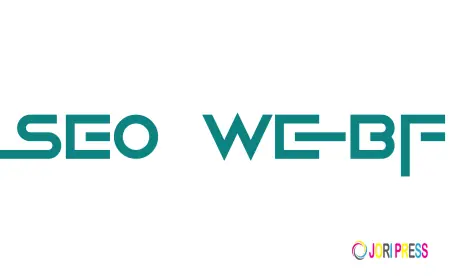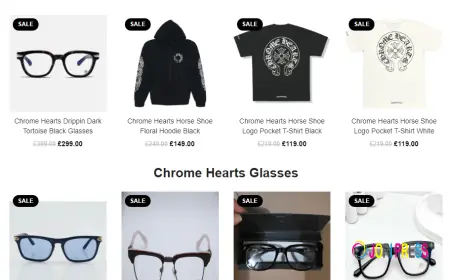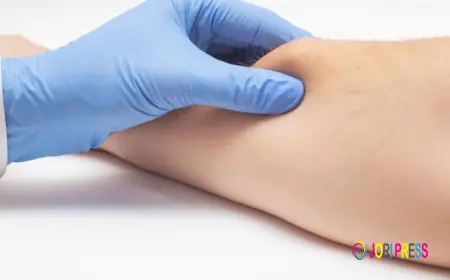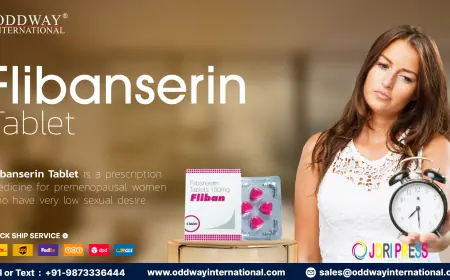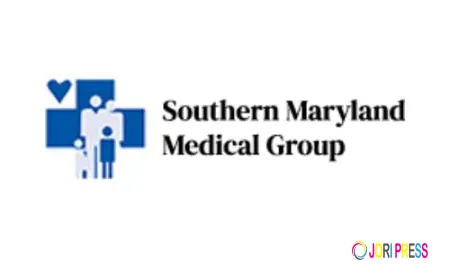Antibody Drug Conjugates Market Research-Based Outlook & Industry Insights 2025–2033
The global antibody drug conjugates market size reached USD 9.4 Billion in 2024. Looking forward, IMARC Group expects the market to reach USD 50.2 Billion by 2033, exhibiting a growth rate (CAGR) of 19.45% during 2025-2033.
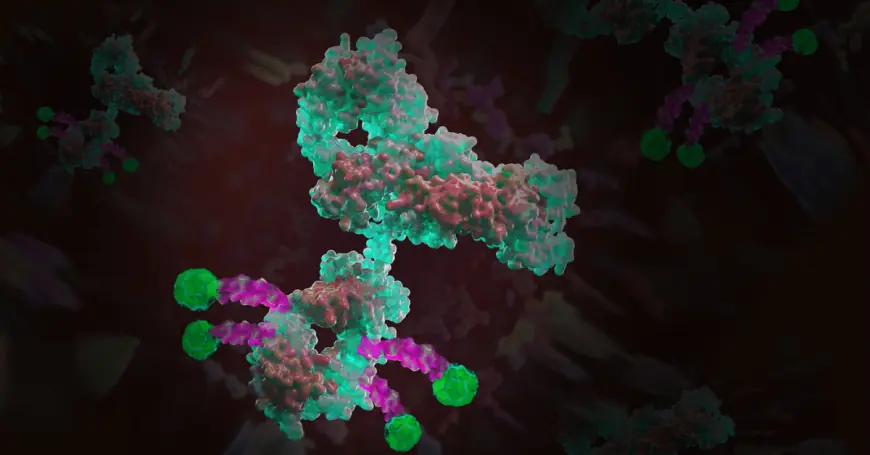
IMARC Group’s latest report, titled “Antibody Drug Conjugates Market Report by Component (Monoclonal Antibodies, Linker, Cytotoxic Agent, and Others), Target (Antibody-Protein Toxin Conjugates, Antibody-Chelated Radionuclide Conjugates, Antibody-Small-Molecule Drug Conjugates, Antibody-Enzyme Conjugates), Application (Lymphoma, Ovarian Cancer, Lung Cancer, Breast Cancer, Brain Tumor, and Others), End User (Hospitals, Specialized Cancer Centers, Academic Research Institutes, Biotechnology Companies, and Others), and Region 2025-2033”, offers a comprehensive analysis of the antibody drug conjugates market trends. The report also includes competitor and regional analysis, along with a breakdown of segments within the industry. the global antibody drug conjugates market size reached USD 9.4 Billion in 2024. Looking forward, IMARC Group expects the market to reach USD 50.2 Billion by 2033, exhibiting a growth rate (CAGR) of 19.45% during 2025-2033.
Request Free Sample Report (Exclusive Offer on this report): https://www.imarcgroup.com/antibody-drug-conjugates-market/requestsample
Trends: Technological Advancements and Expanded Clinical Pipelines:
The antibody drug conjugates (ADC) market is currently shaped by intensive technological advancements and an expanding clinical pipeline that are rapidly propelling the sector forward. Modern ADCs are highly sophisticated therapeutics that combine monoclonal antibodies with potent cytotoxic payloads via chemically engineered linkers, enabling targeted therapy with improved efficacy and reduced systemic toxicity. Significant innovations in antibody engineering, site-specific conjugation techniques, and novel linker-payload chemistries are enhancing pharmacokinetics, stability, and precision targeting. These developments have led to next-generation ADCs with greater therapeutic windows and expanded applicability across a broad spectrum of hematologic malignancies and solid tumors. The surge in R&D activities is palpable, reflected in the presence of over 900 industry-led ongoing ADC clinical trials globally, underlining the industry’s strong commitment to pipeline diversification and expansion—especially in Asia-Pacific, led by Mainland China, alongside the US and Europe.
Regulatory bodies are also evolving their frameworks, streamlining approvals based on the unique benefits ADCs offer, thereby accelerating commercialization. This evolving regulatory environment coupled with technological progress catalyzes faster market penetration and increased investor confidence. Strategic partnerships and licensing agreements, like the collaboration between MediLink Therapeutics and F. Hoffmann-La Roche Ltd., further demonstrate a robust focus on advancing ADC innovation. All these factors collectively indicate an era of heightened innovation and expanding therapeutic promise for ADCs, which remain at the cutting edge of targeted oncology treatments.
Growth: Strong Market Expansion, Rising Cancer Burden, and Strategic Investments:
This rapid expansion is underpinned by increasing regulatory approvals, expanding indications, and broad commercialization efforts—for example, FDA approvals of drugs like Kadcyla and Trodelvy have significantly bolstered market uptake. North America dominates the market owing to heightened awareness among healthcare professionals, advanced ADCs in use, competitive reimbursement policies, and substantial R&D expenditure by leading pharmaceutical companies. Europe follows closely with its strong pipeline efforts and growing adoption. The Asia-Pacific region is emerging as a significant growth engine, supported by government-backed oncology research programs, a burgeoning patient population, and growing industry investments in countries such as China, Japan, and South Korea.
Additionally, the market benefits from burgeoning investments and collaborations targeting payload innovation, linker technologies, and antibody formats that can penetrate previously challenging tumor microenvironments. The ongoing influx of capital from venture capitalists and strategic pharmaceutical partnerships accelerates product development, industrial scalability, and global reach—all critical to sustaining this robust growth trajectory.
Future Demand: Personalized Medicine, Expanded Indications, and Next-Generation ADCs:
The future demand for antibody drug conjugates is expected to be driven by the increasing emphasis on personalized medicine, expanding therapeutic indications, and the advancement of next-generation ADC technologies. Precision oncology is at the forefront, as clinicians and researchers seek treatments tailored to an individual’s tumor antigen profile and genetic characteristics. ADCs’ ability to selectively target cancer cells while sparing healthy tissue aligns perfectly with personalized therapy paradigms, increasing treatment efficacy and patient tolerability. Furthermore, future demand will be fueled by expanding indications beyond traditional oncology uses, including difficult-to-treat cancers such as triple-negative breast cancer, urothelial carcinoma, and solid tumors with high unmet need.
Emerging research also explores ADC application in immuno-oncology combinations and non-oncological conditions, potentially broadening the market scope. Technological innovations are equally pivotal in shaping demand—next-generation ADCs featuring site-specific conjugation, dual payloads, bispecific antibodies, and novel cytotoxic agents promise to overcome resistance mechanisms and enhance therapeutic impact. The integration of advanced biomarker-driven patient selection tools will further refine ADC use, increasing clinical success rates and adoption. Additionally, future ADC development prioritizes improved linker stability and payload potency, reducing off-target toxicity. These innovations, coupled with increasing patient access due to expanded market availability and insurance coverage, position antibody drug conjugates to move from niche therapeutics into mainstream cancer care, meeting urgent clinical needs and driving long-term sustainable demand.
Leading key Players Operating in the Antibody Drug Conjugates Industry:
- ADC Therapeutics SA
- Astellas Pharma Inc
- AstraZeneca plc
- Celldex Therapeutics Inc
- F. Hoffmann-La Roche AG
- Gilead Sciences Inc
- GlaxoSmithKline Plc
- ImmunoGen Inc
- Pfizer Inc
- Sanofi S.A
- Seagen Inc
- Sorrento Therapeutics Inc
- Takeda Pharmaceutical Company Ltd
Antibody Drug Conjugates Market Trends:
The antibody drug conjugates market is evolving rapidly, underpinned by a convergence of clinical innovation, regulatory support, and strategic industry collaboration. The expanding clinical trial landscape underscores a vibrant pipeline enriched by advances in antibody engineering and conjugation technologies that enhance targeting precision and therapeutic safety. Regulatory agencies across major markets are increasingly facilitating expedited review pathways for ADCs, recognizing their transformative potential in oncology and other domains. Concurrently, market growth is catalyzed by the rising global cancer incidence, which amplifies demand for targeted, less toxic therapies capable of improving patient outcomes. Geographic expansion—especially in North America, Europe, and Asia-Pacific—drives increased access and adoption supported by heightened healthcare provider awareness and reimbursement frameworks. The focus on personalized medicine intensifies, with ADCs fitting well into biomarker-driven treatment regimens that promise improved efficacy.
Moreover, next-generation ADCs featuring multi-modal payloads and bispecific antibodies represent a key innovation frontier, aiming to overcome the limitations of earlier generation therapeutics. Investment flows and partnership activities are robust, as pharmaceutical and biotech firms vie to capture leadership in this promising sector. Overall, the evolving trends highlight an industry rapidly moving toward broader application, enhanced therapeutic sophistication, and greater integration into clinical oncology practice, positioning antibody drug conjugates as pivotal agents in the fight against cancer and beyond.
Ask Analyst for Customization and Browse full report with TOC & List of Figure: https://www.imarcgroup.com/antibody-drug-conjugates-market
Key Market Segmentation:
Breakup by Component:
- Monoclonal Antibodies
- Linker
- Cytotoxic Agent
- Others
Breakup by Target:
- Antibody-Protein Toxin Conjugates
- Antibody-Chelated Radionuclide Conjugates
- Antibody-Small-Molecule Drug Conjugates
- Antibody-Enzyme Conjugates
Breakup by Application:
- Lymphoma
- Ovarian Cancer
- Lung Cancer
- Breast Cancer
- Brain Tumor
- Others
Breakup by End User:
- Hospitals
- Specialized Cancer Centers
- Academic Research Institutes
- Biotechnology Companies
- Others
Breakup by Region:
- North America (United States, Canada)
- Europe (Germany, France, United Kingdom, Italy, Spain, Others)
- Asia Pacific (China, Japan, India, Australia, Indonesia, Korea, Others)
- Latin America (Brazil, Mexico, Others)
- Middle East and Africa (United Arab Emirates, Saudi Arabia, Qatar, Iraq, Other)
Key Highlights of the Report:
- Market Performance (2019-2024)
- Market Outlook (2025-2033)
- Porter’s Five Forces Analysis
- Market Drivers and Success Factors
- SWOT Analysis
- Value Chain
- Comprehensive Mapping of the Competitive Landscape
About Us:
IMARC Group is a leading market research company that offers management strategy and market research worldwide. We partner with clients in all sectors and regions to identify their highest-value opportunities, address their most critical challenges, and transform their businesses.
IMARC Group’s information products include major market, scientific, economic and technological developments for business leaders in pharmaceutical, industrial, and high technology organizations. Market forecasts and industry analysis for biotechnology, advanced materials, pharmaceuticals, food and beverage, travel and tourism, nanotechnology and novel processing methods are at the top of the company’s expertise.
Contact Us:
IMARC Group
Email: [email protected]
134 N 4th St. Brooklyn, NY 11249, USA
USA: +1-631-791-1145 | Asia: +91-120-433-0800
What's Your Reaction?
 Like
0
Like
0
 Dislike
0
Dislike
0
 Love
0
Love
0
 Funny
0
Funny
0
 Angry
0
Angry
0
 Sad
0
Sad
0
 Wow
0
Wow
0






